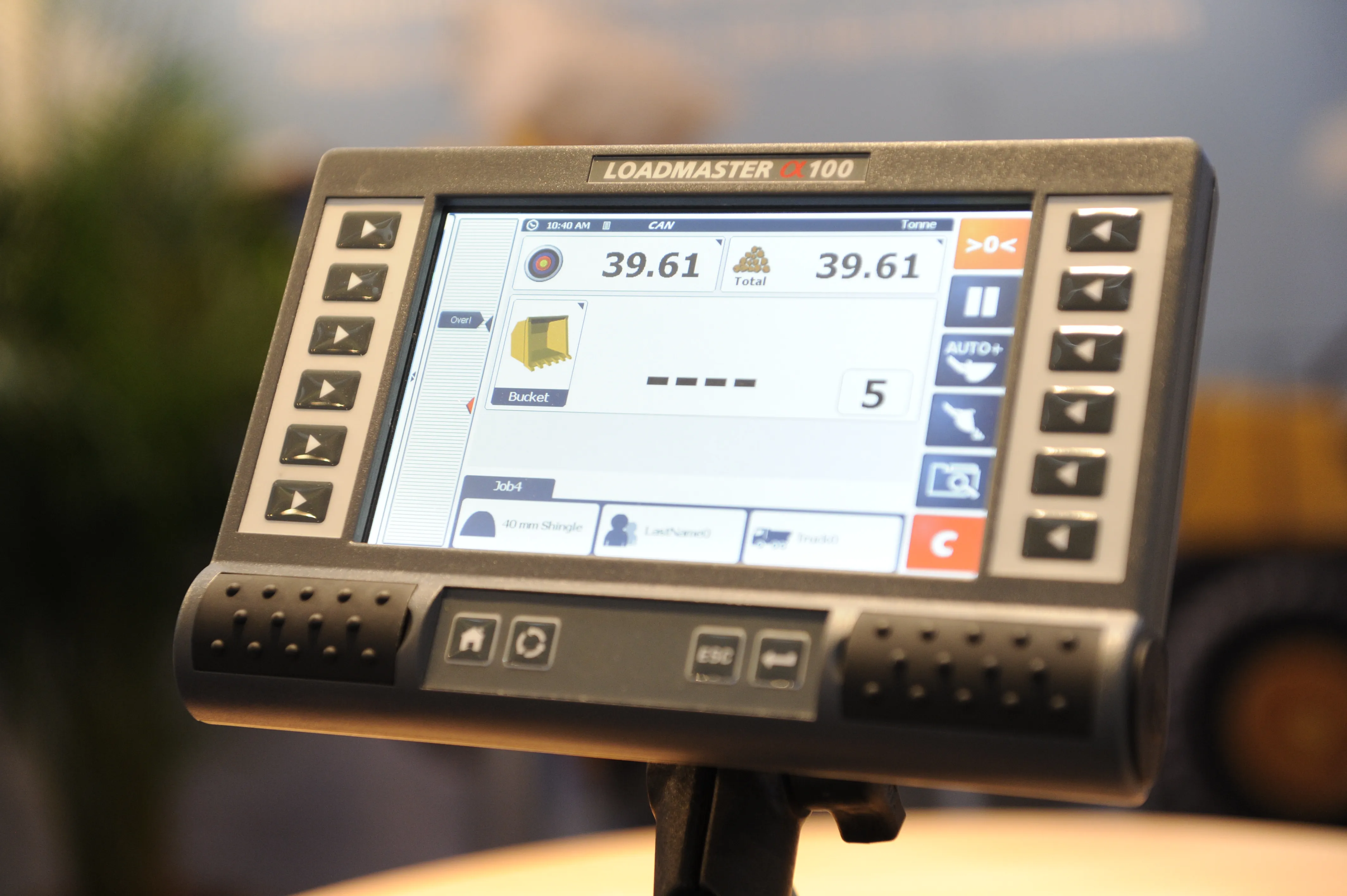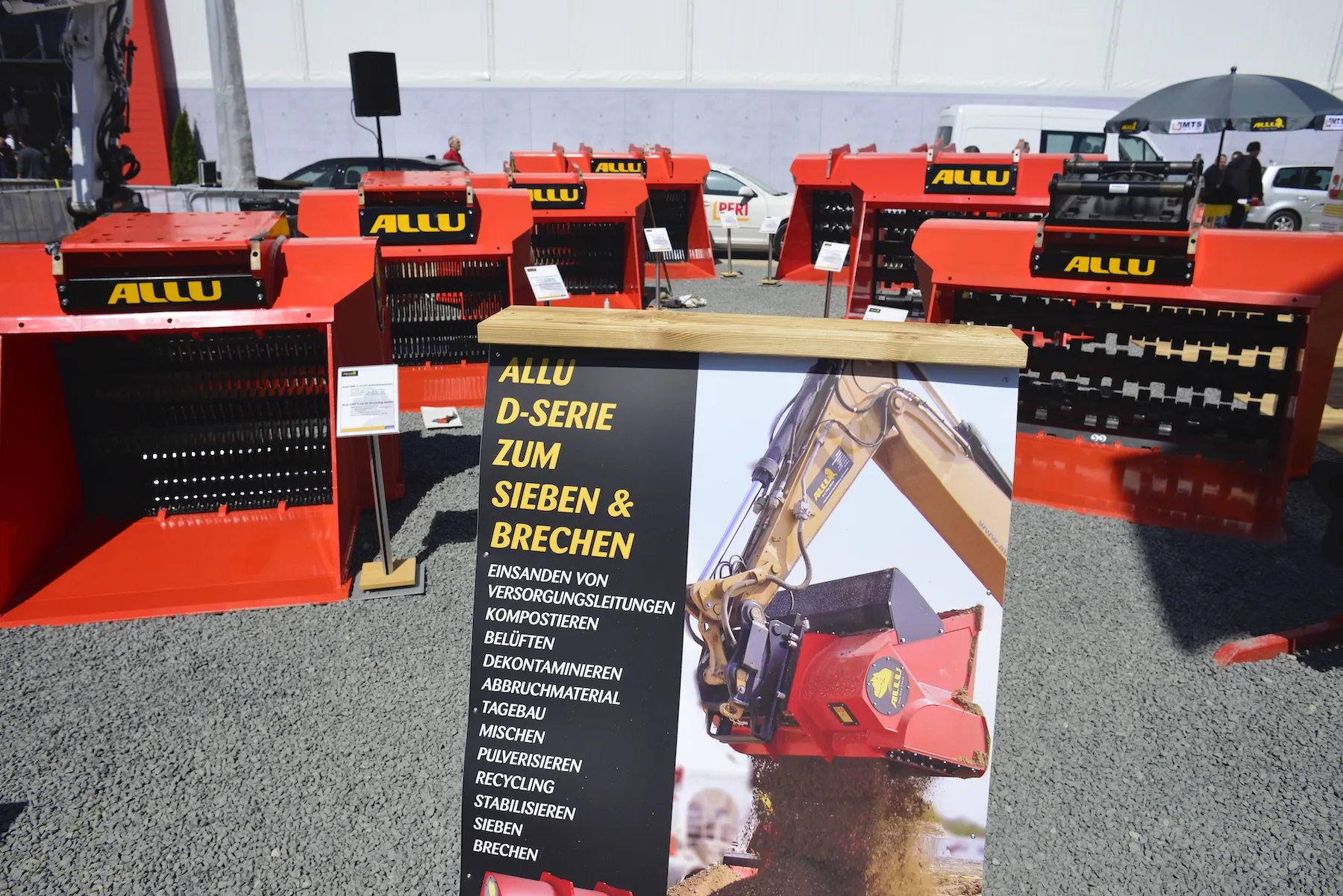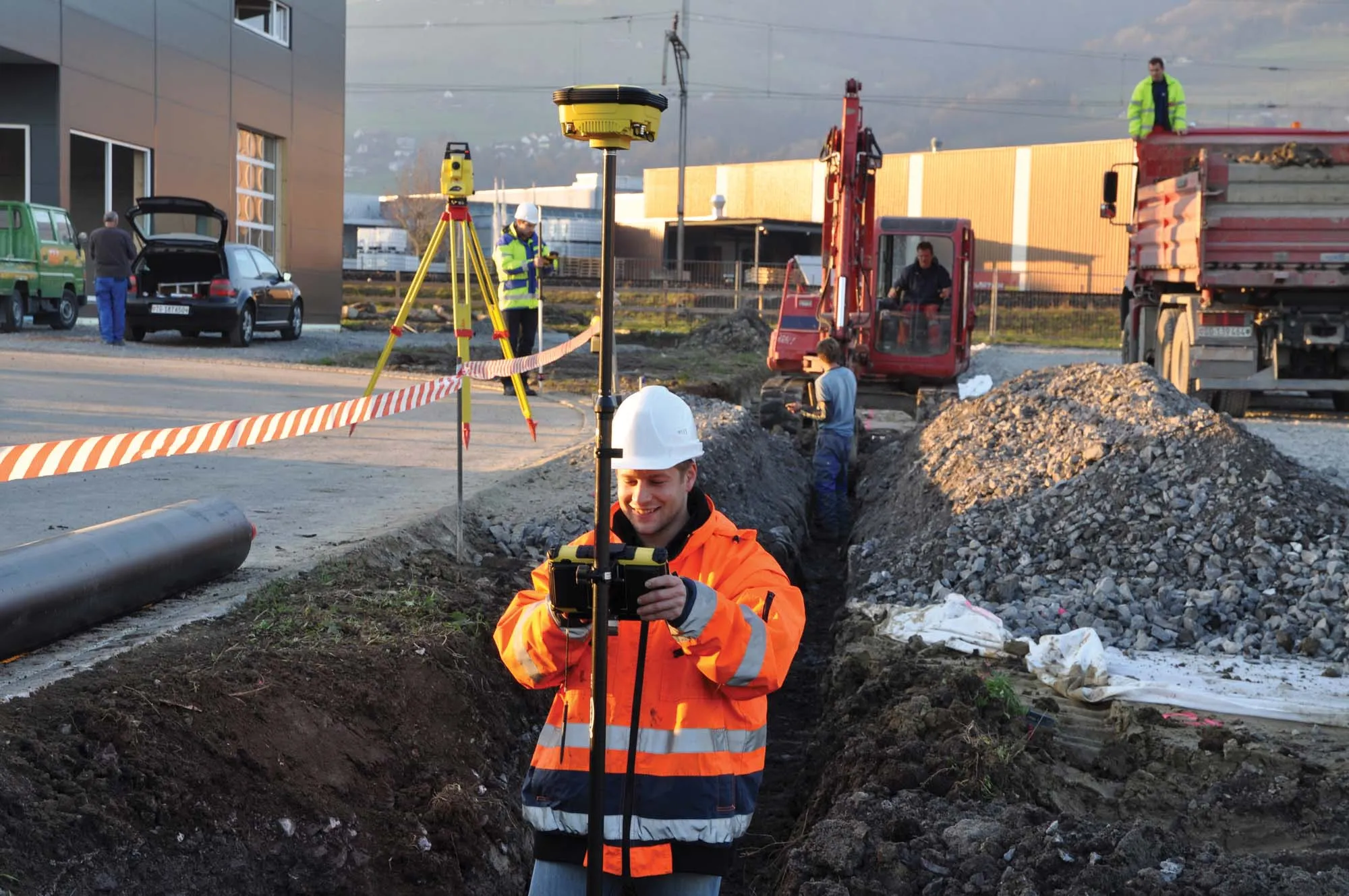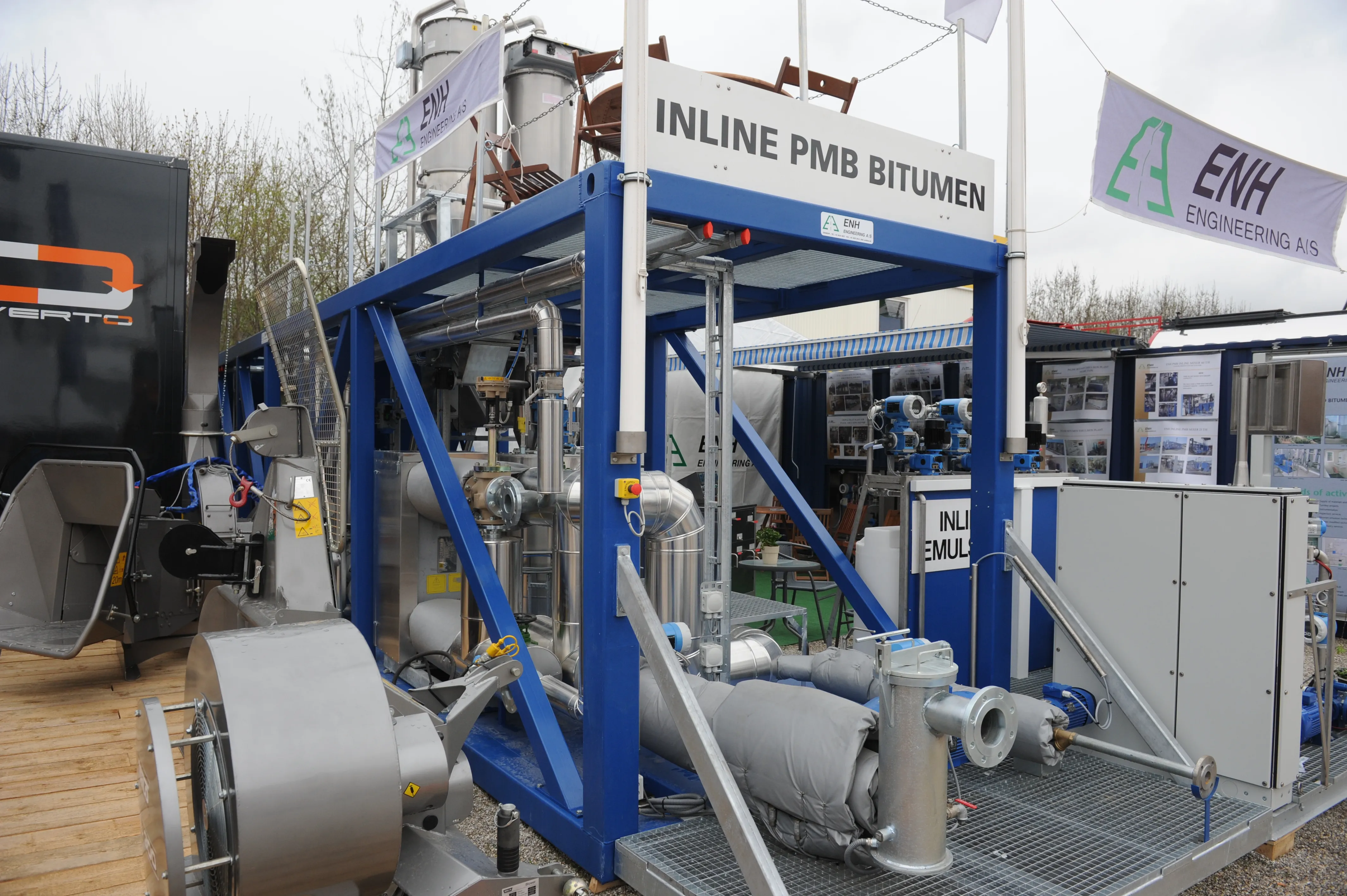RDS Technology used bauma 2013 to launch the Loadmaster a100 on-board weighing system for wheeled loaders.
Cleverly, the Loadmaster a100 uses GPS to automatically identify which aggregates or materials are being loaded simply from their stockpile location, which the operator has previously entered into the device. “You can record driver details, where the product has come from and where it is going,” said RDS business development manager Mark Evans.
January 6, 2017
Read time: 2 mins

Cleverly, the Loadmaster a100 uses GPS to automatically identify which aggregates or materials are being loaded simply from their stockpile location, which the operator has previously entered into the device.
“You can record driver details, where the product has come from and where it is going,” said RDS business development manager Mark Evans.
“Data can be exported in an XML file format and emailed directly from the Loadmaster to the office or end-user, using WiFi, GPRS or radio communication, depending on the services available on site.”
The a100 uses a 17.5cm colour, touch-screen display and additional physical keys and is said to be suitable for use with up to ten different attachments, for example buckets or forks, and the system can be retrofitted on to wheeled, telescopic and tractor-type loaders.
The screen can also be used to display video camera images, which contribute to reducing the number of third-party screens installed in a wheeled loader cab.
RDS has also changed the architecture of the new a100 compared to its 8000i and 9000i Loadmasters in a bid to seek out greater accuracy. It uses inclinometers on the chassis and boom along with sensors for temperature compensation, speed and bounce, to deliver data dynamically to an accuracy of 1-2%.
Stand: A3, 632
View more videosView more stories








